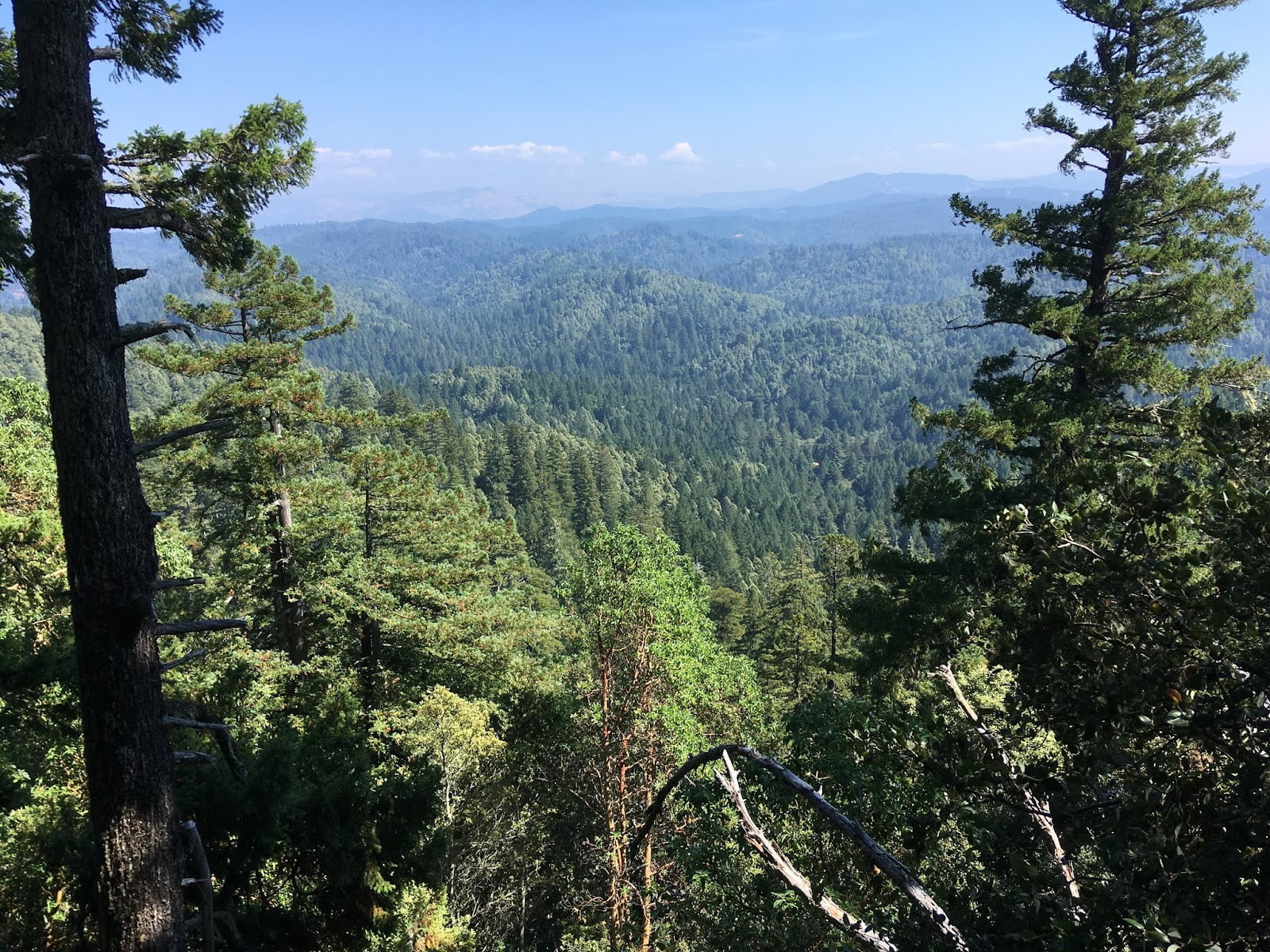Homily for the 6th Sunday in Ordinary Time, Year C
[Jer17:5-8 ; 1Cor 15:12,16-20 ; Lk 6:17,20-26]
Jesus’ Sermon on the Mountain, with His famous Blessings, is usually associated with the Evangelist Matthew, who gives the most elaborated version. But also Luke has his version. According to Luke, Jesus is rather descending into a valley – or at least towards ‘a stretch of level ground’. Though being closer to the earth, it is especially Luke who stresses the hereafter. Jesus speaks his consolation words to all those who appear to be unfortunate in this life: the poor, the hungry, the mourning and the suppressed. And more explicitly than Mathew, Luke stresses the ‘day’that is to come: ‘Rejoice and leap for joy on that day!’. He is clearly alluding to a Day of Judgmentand to a great ‘reward in heaven’. Also Matthew speaks of a heavenly reward, but he rather suggests that this reward is, at the same time, to be realized already within this earthly life.
Heaven and earth: these are the two inseparable sides of one and the same reality. The consolation of the Sermon on the Mountainconsists, at least partially, of the fact that it is possible to find profound and genuine delight here on earth, within the most difficult circumstances. Do we not sometimes find a certain happiness at places where people have nothing to lose? And we might have some of our family members or friends, who spent most of their lives helping the poorest on earth, and who – on coming back home – are having difficulties to take their roots again within our society of relative wealth and abundance. The heavenly reward is distributed, in a certain sense, already during our present earthly life, as long as we are able to fully acknowledge our essentially empty hands.
On the other hand, we should beware not to make an infallible dogma of that reality. Jesus’ Blessingsare not meant to downplay, let alone to ‘romanticize’ the reality of multiple forms of human suffering in our world. Time and again we are faced with unfathomable evil on a large scale, that strikes innocent and defenseless people. Should we delimit our Christian hope exclusively to ‘this life’, says Saint Paul in the Second reading, then ‘we are the most pitiable people of all’. If we do not believe that Jesus Christ, who died on a cross, has also ‘been raised from the dead’, and that we too – in a way we cannot imagine beforehand – are going to rise from the dead, then we will be left alone with some deeply disturbing questions. The crucial one is this: who is finally going to gain the victory: the cruel and shouting dictator who had the power to send millions of people into the holocaust, or is it the young girl who was locked up in the darkness of her hiding place – together with her family and others – and who wrote her diary in silence, including her visions of peace all over the world, but who herself was broken before she could even begin to flourish in life? Who is going to win, at the end? Someone like Adolf Hitler? Or rather someone like Anne Frank?
Jesus’ Blessingsare definitely telling us something essential about life here and now. However, at the same time they also convey a profound consolation in the form of hopebeyond the limits of our present existence. It is especially Luke who highlights the fulfillment to be expected at the other side. Should we delimit our Christian hope and trust within the boundaries of our present existence, then we are – to say it with the Prophet Jeremiah – like one who ‘seeks all his strength in [perishable]flesh ’and who‘ puts all his hope in human beings’. That is: if we pretend to be able to realize ‘paradise’ with our mere own forces, and to build ourselves ‘a tower with its top reaching into heaven’ (Gen 11:4), then – says Jeremiah – we will end up ‘like a barren bush in the desert’.
Jesus’ Blessingsindeed urge us to do everything we can to build up a better world, instead of piling up goods just for ourselves, to the detriment of others and to the point of damaging God’s creation. In that case – says Jesus –‘you have received your consolation’, that is, through your self-made ‘paradise’ on earth. However, building up a world of justice and peace, we are at the same urged to acknowledge our human limits and our fundamental dependence on God’s boundless mercy and grace. And to put all our hope in the coming of HisKingdom, not only here and now, but also beyond the horizon of our present life.
Daniel


